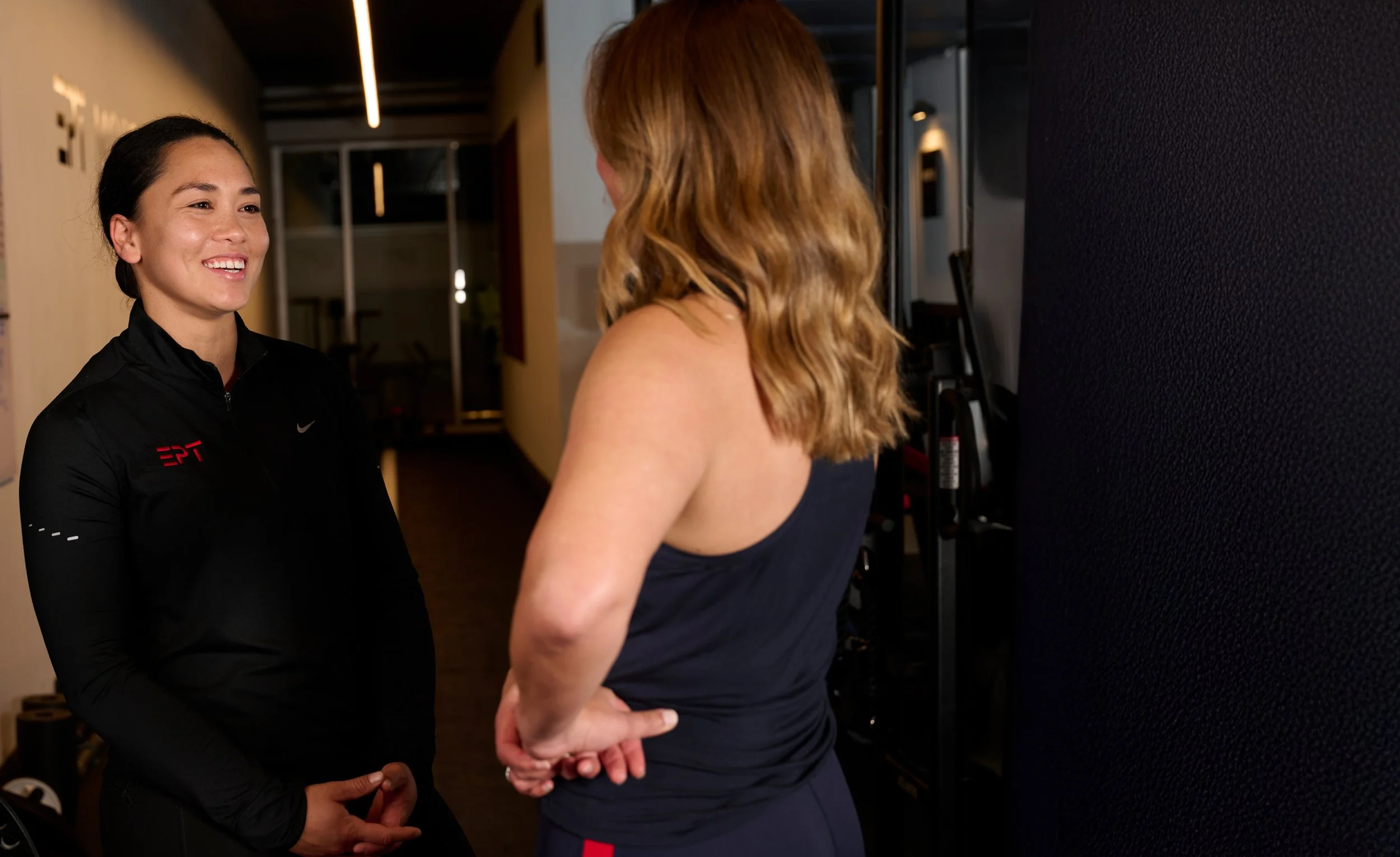
Structure Creates Freedom: Why Routines Unlock Progress
When people think about structure, they often picture restriction. Set bedtimes, rigid schedules, repetitive habits. At EPT we see the opposite. Structure is not a prison. It is freedom.
Without structure, every day becomes a string of decisions. When to train, what to eat, whether to push or rest. Decision fatigue builds until discipline feels impossible. With structure, the essentials are locked in. Energy is freed up for the things that actually matter, whether that is training, leading in business, or showing up fully at home.
The clients who thrive are not the ones chasing motivation. They are the ones who commit to a framework that makes progress automatic.
1. Why Structure Beats Motivation
Motivation is unreliable. It peaks when life is smooth and disappears when things get busy. The problem is that ambitious people are always busy.
Structure removes the guesswork. When training is booked in the calendar, it happens. When meals are prepped ahead of time, they get eaten. When bedtime is consistent, recovery takes care of itself.
One of our clients, a senior executive, used to squeeze training in only when possible. Weeks slipped by with one or two inconsistent sessions. Once we blocked three early morning sessions into his calendar as non-negotiables, he never missed. Progress accelerated not because he suddenly became more motivated, but because structure removed the choice.
2. Routines Build Capacity, Not Restriction
Many people resist routines because they fear losing freedom. In reality, routines create the space to perform at a higher level.
When you automate the basics, you reduce decision making. That leaves more energy for deep work, relationships, and physical training.
A parent we coached struggled with fatigue and late-night snacking. We introduced a simple routine: phone off at 9 pm, lights out by 9:30, wake up at 5:30. Within two weeks her energy was higher, her focus at work was sharper, and her training consistency improved. The routine was not limiting. It gave her more of her life back.
3. Anchors That Keep You Grounded
The most effective routines are simple. They are anchors that hold even when life is chaotic.
At EPT we recommend starting with three anchors:
Sleep: consistent bedtime and wake time
Nutrition: three reliable meals that never change no matter how busy the day gets
Training: blocked sessions in the calendar with the same priority as important meetings
These anchors act like guardrails. They prevent backward momentum and create a stable base for progress.
4. How to Build Structure That Lasts
Start small. Focus on one anchor at a time. Bedtime is often the easiest win. Once that is locked in, add a consistent breakfast. From there, set training times.
Avoid aiming for perfection. The goal is not to live like a robot. The goal is to automate the essentials so you have more freedom everywhere else.
One of our clients summed it up perfectly: “Structure is the reason I can perform hard in the gym and still be fully present at work and at home. Without it, I was always playing catch-up.”
Motivation fades. Structure holds.
When you create routines that anchor sleep, nutrition, and training, you remove daily negotiation. You free up mental space. You build resilience. And you give yourself the capacity to focus on the bigger goals rather than constantly fighting through the small ones.
At EPT we do not just train bodies. We build systems. Because when your life is structured around your ambition, progress becomes inevitable.
Related Reads in Mindset & Lifestyle Tools


